UK faces triple threat from Covid, rising debt and the climate crisis: OBR
The United Kingdom’s economy might face a triple threat of “potentially catastrophic” risks in the coming years, the country’s fiscal watchdog says.
Covid-19, the climate crisis and an ever-growing amount of debt as the UK recovers from its “largest peacetime economic and fiscal shock in three centuries” pose serious threats to the British economy, the Office for Budget Responsibility (OBR) said in its newest fiscal risks report.
OBR’s experts warned in the report that ministers faced a potential £10bn spending black hole during the next three years due to the disease.
“Unfunded legacy costs” in health, education and transport posed a material risk to the public spending outlook, they said, further warning that a delay in mitigating greenhouse gas emissions could seriously harm the economy and increase the UK’s huge debt, which currently stands at over £2 trillion.
The OBR said such a delay could result in a 3-percent additional impact on gross domestic product (GDP), and that debt would be 23 percent of GDP higher than if early measure is taken by 2050-51, the UK’s goal date for net-zero.
Meanwhile another scenario, based on early action in the UK and globally to achieve net zero, would see the impact on the country’s debt mountain be less severe than that of Covid, adding only 21 percent, or £469bn, of GDP to net debt by 2050-51.
It warned that the fiscal threat posed by the climate crisis would mean that, if there was no action at all to reduce global emissions, UK debt would soar, and reach 289 percent of GDP by the end of the century.
Although the report showed the OBR still predicted that Britain's economy will recover to pre-pandemic levels by the middle of 2022, it reiterated that it would likely suffer a 3-percent permanent hit.
Its experts cautioned that rising inflation and potential interest rate hikes to deal with the rising cost of living could yet increase pressure on the UK's debt.
In 2020, the country’s economy plunged by 10 percent, marking one of the worst recessions of the advanced economies. The country, during the past year, has started recovering apace, helped by around £400bn of central support.
This means the economy will rebound in a little more than two years after the crisis began, in comparison to the four-and-a-half years it took to recover following the 2008 financial crash.
However, the report suggested that large-scale economic disruption may be becoming more frequent.
“The arrival of two major economic shocks in quick succession need not constitute a trend, but there are reasons to believe that advanced economies may be increasingly exposed to large, and potentially catastrophic, risks,” the OBR said.
Hamas thanks Iran, Resistance Front following achievement of ceasefire in Gaza
'Capitulation': Israeli officials and media concede Gaza defeat as truce unfolds
'Gaza has won': Social media users react to ceasefire with mix of relief, joy
Iran seeks South Korea’s assistance for AI, fiber-optic projects
VIDEO | Iran's 'Eqtedar' (Power) maneuver
Israel hits HTS military target in Syria for 1st time since fall of Assad
VIDEO | Press TV's news headlines
Israel has slaughtered 13,000 students in Gaza, West Bank


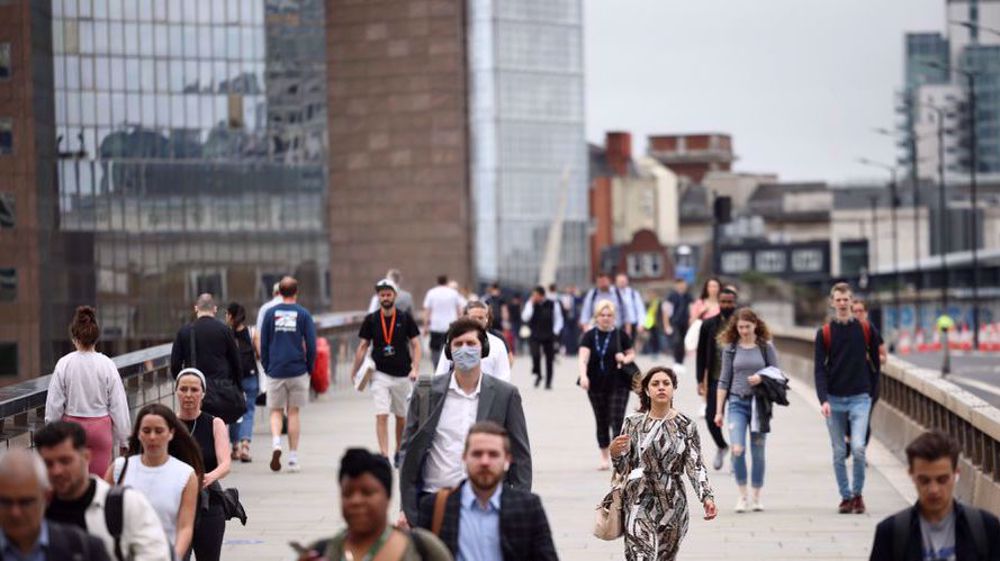
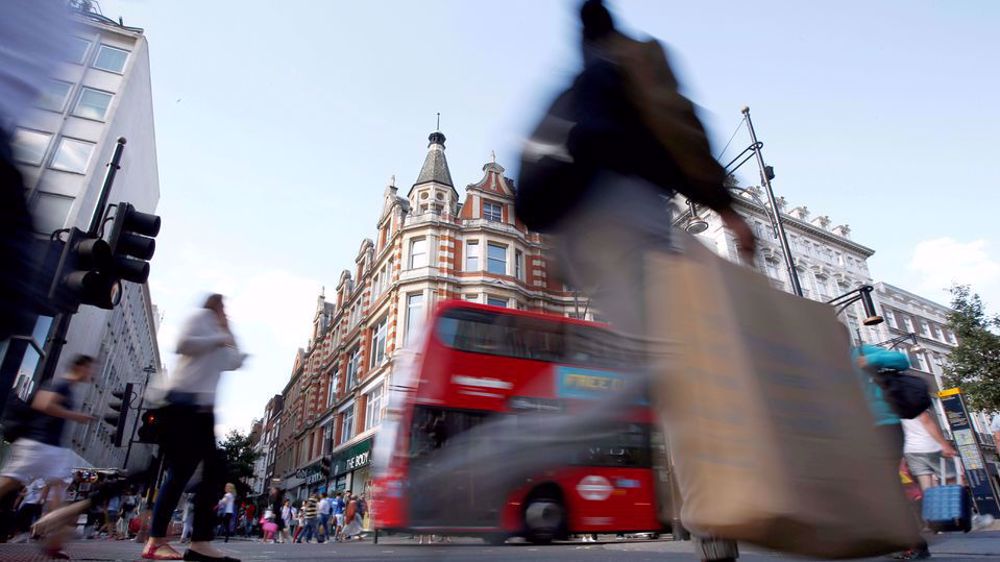
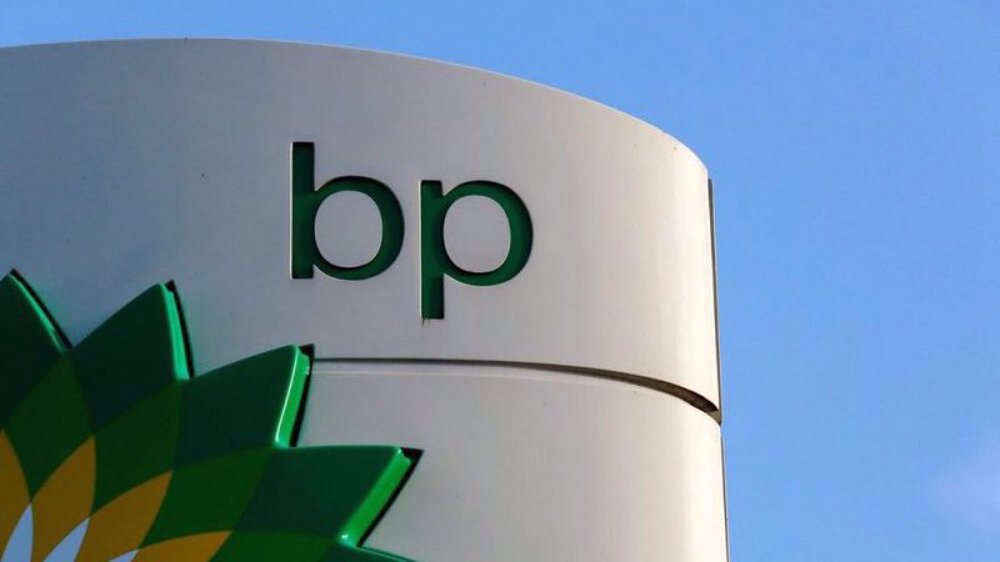

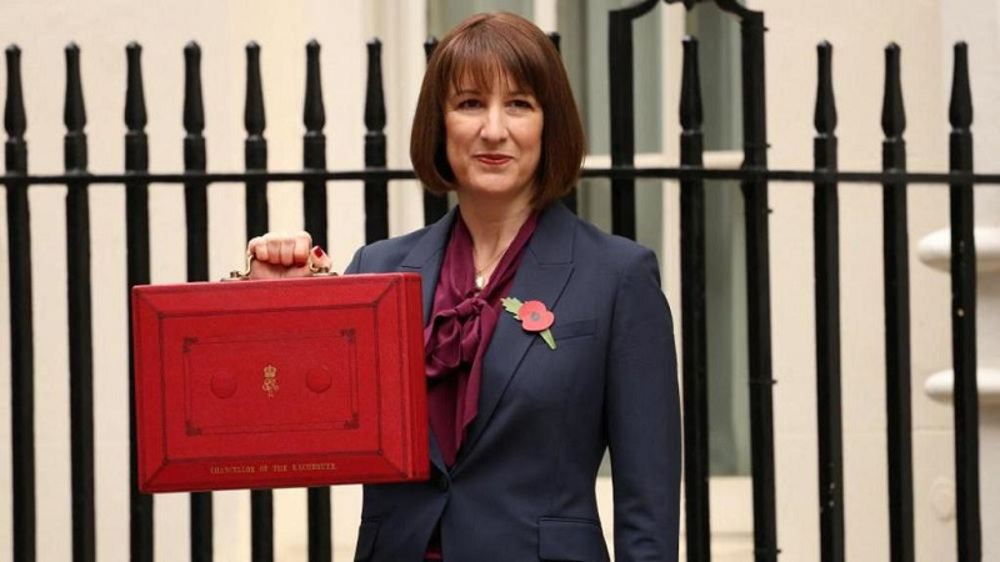



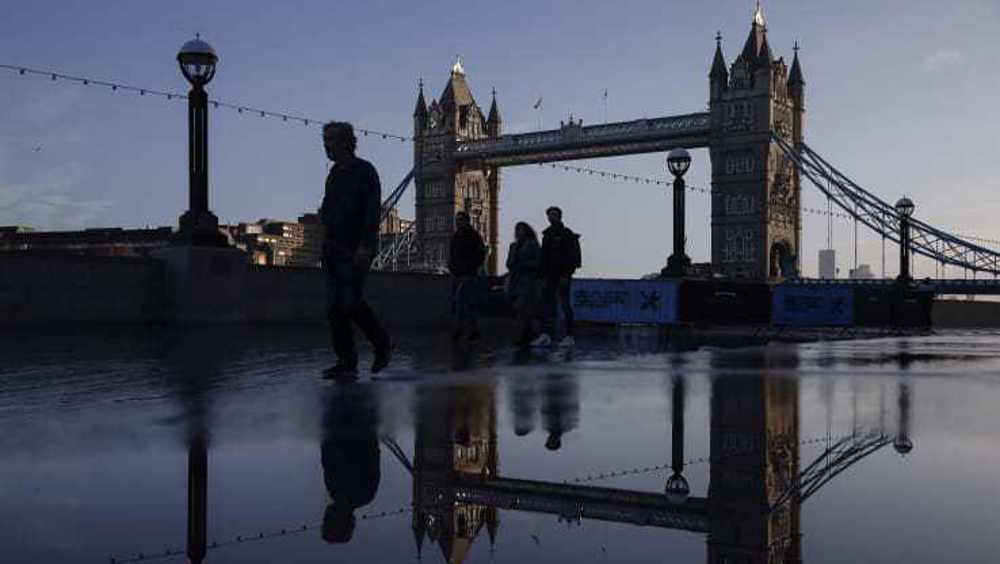
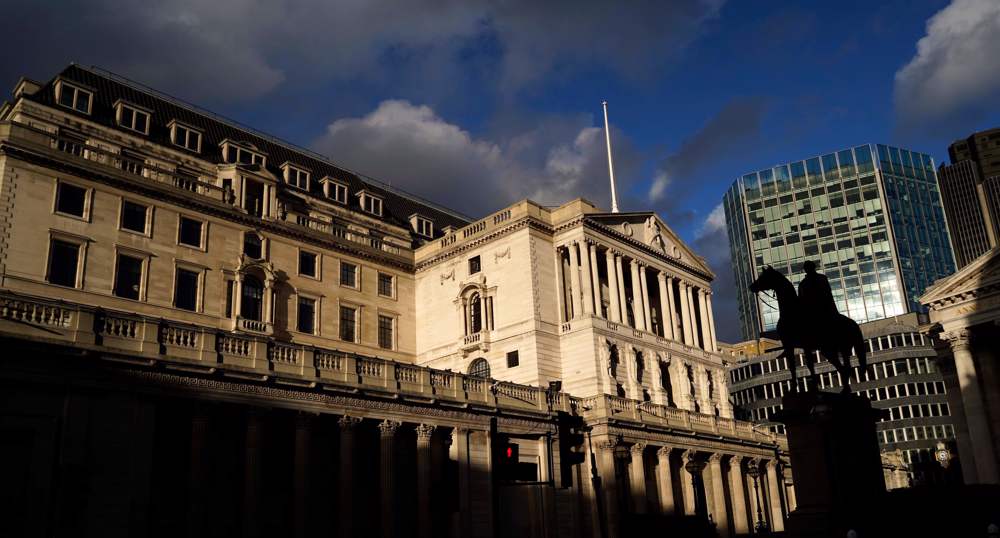
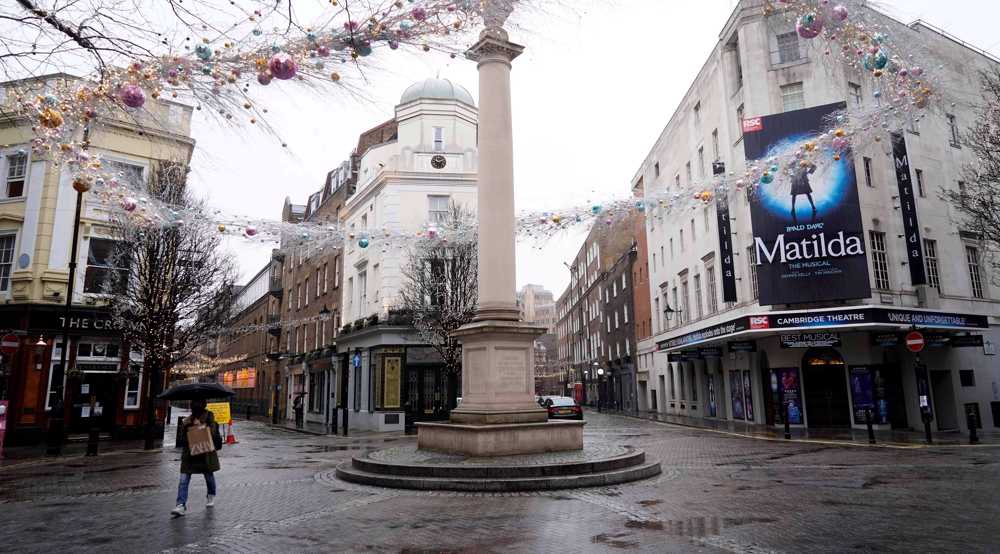

 This makes it easy to access the Press TV website
This makes it easy to access the Press TV website